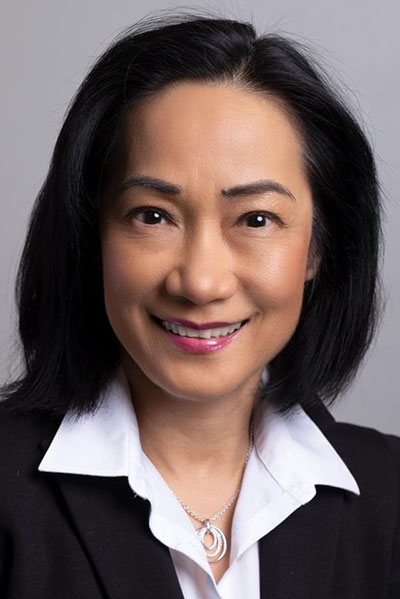This year’s Nursing Year in Review at the ATS International Conference will explore the ongoing challenges and opportunities for implementation science — promoting the uptake of best practices based on knowledge gained from clinical and translational research — in critical care, pulmonary care, and sleep medicine.

“People are astounded by how often there’s a gap between what we know is best practice and what people do, and implementation science may have the ability to help bridge that gap,” said session Co-Chair Jennifer Burgher Seaman, PhD, RN, CHPN, University of Pittsburgh School of Nursing.
The Monday, May 20, session will begin at 2:15 p.m. PT in Room 2 (Upper Level) of the San Diego Convention Center.
“This session will summarize the importance of how we take the science and the knowledge to the bedside and look at how a well-developed, well-evidenced intervention can be implemented so that it reaches the patient and the health care provider,” said Co-Chair Tania T. Von Visger, PhD, APRN, ATSF, The State University of New York at Buffalo. “It’s a critical final step, or close-to-final step, in the sense that you introduce an intervention that is known to work, CPAP for example, to the patient, but are they using it in the right way and continuing to use it so it would be beneficial to their health outcomes?”

Panelists will discuss methodologies and frameworks specific to implementation science, as well as recent publications on studies that used implementation science methodologies in three clinical areas of expertise.
- Sarah Miller, PhD, RN, Medical University of South Carolina, will present, “Implementation Science Approaches in COPD.”
- Heidi Lindroth, PhD, RN, Mayo Clinic, will present, “The Underside of the Iceberg: Uncovering the Many Complexities of Implementation Science in the ICU.”
- Jonna Morris, PhD, RN, University of Pittsburgh, will present, “Strategies for Successful Implementation of Cognitive Behavioral Therapy for Insomnia.”
“There is a lot of literature that shows we oftentimes know what the optimal treatment is, but it doesn’t get to the patients for a variety of reasons,” Dr. Seaman said. “Implementation science, in a systematic and robust way, looks to figure out why not. Or why did the patient not use what we’ve offered them as the best treatment, making it more difficult to ensure that optimal care is delivered?”
Attendees who are involved in direct patient care will gain clinical insights they can bring to their home institutions. Additionally, investigators will receive an introduction to implementation science methods that might help them in their research.
“They might have an idea or evidence that is along the same lines of what we will be presenting and come away with a clearer picture about their research question, how they might use the implementation science framework to deliver an intervention and potentially collaborate with other people in the room who are interested in the same topic,” Dr. Von Visger said.
Nurses are routinely at the forefront of quality improvement processes for patient care, underscoring the value of choosing implantation science as the theme of this year’s Nursing Year in Review, which builds on a research statement on the topic from the ATS in 2016.
“When you talk about any kind of research, interprofessional collaboration is of importance, and more so in implementation science — how do you take the intervention and the science into where patients and providers are — and nurses are stellar in interprofessional coordination,” Dr. Von Visger said.
Don’t Miss ATS 2024 Highlights: On Demand
Don’t forget that ATS 2024 Highlights: On Demand are available to all conference registrants! On Demand will give you access to the Opening Ceremony, Plenary Session, Keynote Series, Clinical Year in Review, Adult Clinical Core Curriculum, and so much more. The topics will cover ILD, asthma, health equity, and CF, to name just a few. On Demand content will be accessible to all ATS 2024 full conference and On Demand registrants until March 2025.
